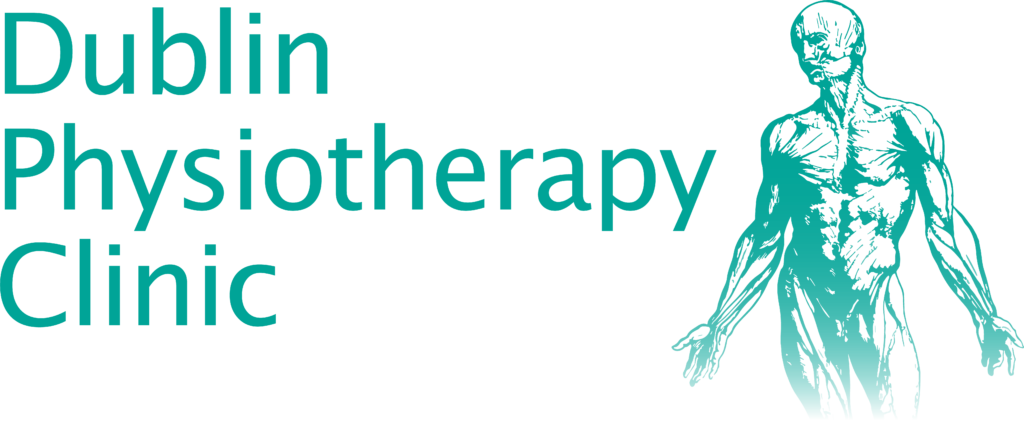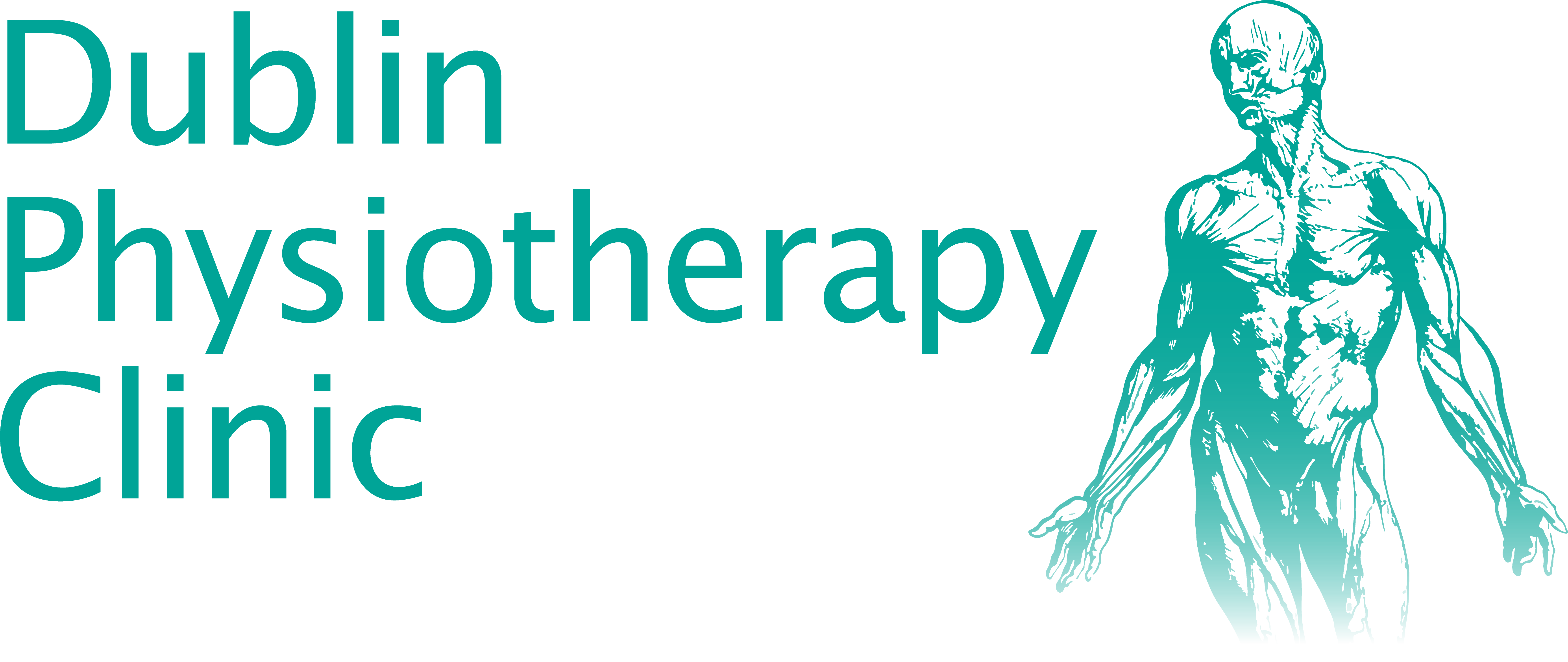Peripheral Neuropathy
The term Peripheral Neuropathy refers to a group of neurological disorders which affects the nerves lying outside the brain and spinal cord. Most commonly peripheral neuropathies results in symptoms of muscle weakness and sensory impairment. The pattern of symptoms will depend on the cause of the neuropathy but typically symptoms will be symmetrical affecting both arms or both legs.
They may be isolated to the distal extremities i.e. the hands and feet but can also affect muscles more proximally in the limbs. Most neuropathies progress at a slow pace with a gradual deterioration in function.
The causes of peripheral neuropathy are numerous. Typical presentations we would see are:
- Hereditary neuropathies e.g. Charcot-Marie-Tooth syndrome
- Metabolic disorders e.g. Diabetes neuropathy
- Inflammatory conditions e.g. Guillain-barré syndrome
- Chronic inflammatory demyelinating neuropathy (CIDP)
- Drug induced neuropathy
- Vitamin deficiency e.g. vitamin B12

Essentially many of the symptoms of these disorders include:
- Muscle weakness,
- Sensory impairment which can produce tingling , numbness or pain
- Disruption of body perception,
- Fatigue
- Balance impairment
- Difficulty walking and performing important everyday tasks
- Muscle stiffness and cramping

Weakness or sensory impairment in the arms will affect grip strength and dexterity. Tasks such as writing, doing buttons, opening envelopes or lifting the kettle can become a major challenge.
Peripheral neuropathies will often affect the ankles and feet. Our feet play a vital role providing information regarding balance, postural alignment and body awareness. Any interference with sensation, flexibility or power in this region can affect balance control and walking. Often the person will complain of being unable to stand still, have difficulty stepping or report “catching” the foot when walking.
Physiotherapy management of peripheral neuropathies is centred round maintaining muscle power and joint flexibility, preserving function and mobility. Provision of appropriate orthotics, splints or aids will help this process and an important aspect of our management strategy will include referral to other the appropriate health professionals including Occupational Therapists, Orthotists and Podiatrists.
In many cases following assessment and provision of an appropriate treatment plan, periodic reviews will be recommended to monitor and manage symptoms helping to maintain a satisfactory lifestyle. Again this will very much depend on the type of neuropathy extent of impairment and personal goals.
JOIN OUR MAILING LIST
EMAIL:


